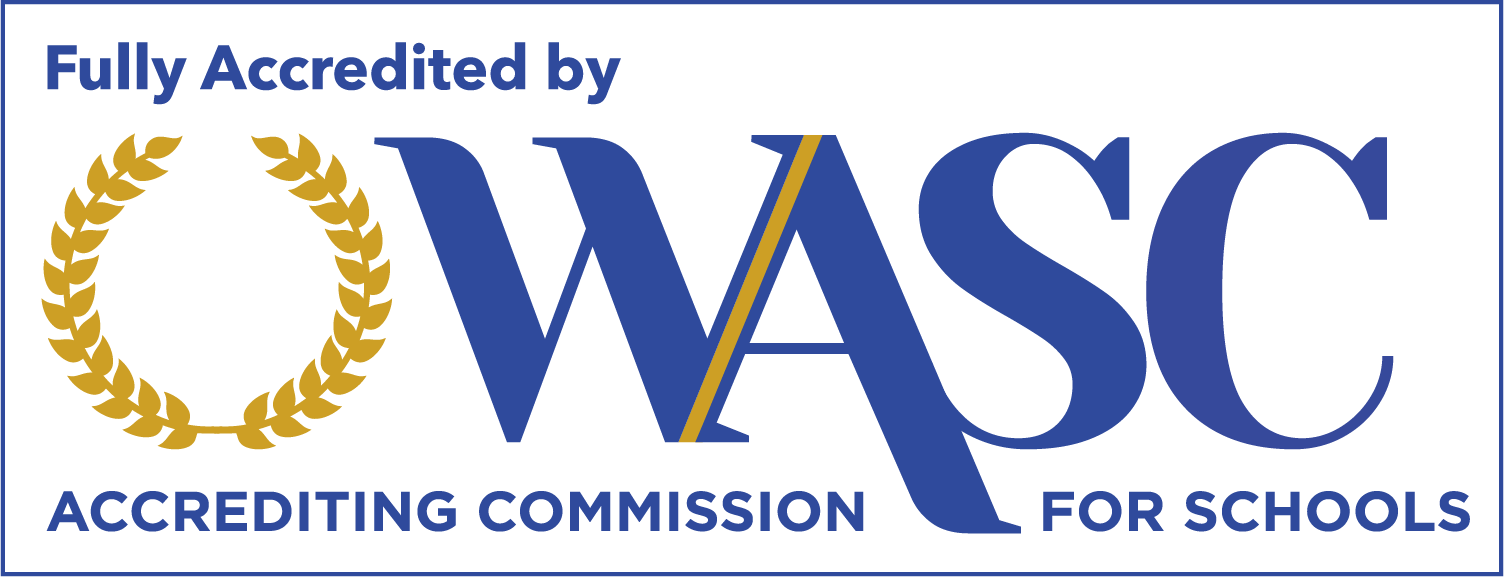How the Components of Literacy are the Foundation Blocks that Define Your Child’s Future
1. Setting the Stage for Lifelong Literacy Success
Why Early Literacy Matters for Your Child’s Future
Early literacy success serves as the cornerstone for academic achievement and lifelong learning. Research consistently demonstrates that children who develop strong literacy foundations in their early years excel academically and professionally later in life. Early Literacy Skills set the stage for improved educational outcomes, better employment opportunities, and enhanced communication skills.
Linking Literacy Foundation Skills to Academic and Lifelong Achievements
Foundational literacy skills, such as phonemic awareness, phonics, fluency, vocabulary, and reading comprehension, directly correlate to academic success. Children proficient in these areas tend to score higher on standardized tests and have stronger academic records throughout their schooling years.
How a Strong Literacy Framework Shapes Lifelong Learning
A structured literacy framework offers explicit, systematic instruction in key literacy components. This method provides a scaffolded approach, ensuring that all students, regardless of their initial skill level, develop robust literacy skills. Structured literacy significantly reduces literacy gaps, fostering continuous academic growth and adaptability in a rapidly changing world.
2. Understanding the Literacy Foundation
Defining the Literacy Foundation Clearly and Simply
The literacy foundation comprises a set of critical skills that are essential for reading and writing proficiency. These foundational components include:
- Phonemic Awareness: The ability to hear, identify, and manipulate individual sounds (phonemes) in spoken words. This skill is crucial for understanding the relationship between sounds and letters, serving as a precursor to phonics instruction.
- Phonics: Understanding the relationship between letters and sounds, enabling readers to decode written language effectively. Phonics instruction helps students connect the sounds they hear in words to the letters that represent those sounds in print.
- Fluency: The ability to read text accurately, quickly, and with proper expression. Fluency bridges the gap between word recognition and comprehension, allowing readers to focus on understanding the text.
- Vocabulary: The knowledge of word meanings, which is essential for reading comprehension and effective communication. A robust vocabulary allows readers to make sense of the words they decode and to express themselves clearly.
- Comprehension: The ability to understand and interpret what is read. Comprehension is the ultimate goal of reading, requiring the integration of all other literacy components.
These components, often referred to as the “Five Pillars of Reading,” were identified by the National Reading Panel as essential elements of effective reading instruction.
How the Components of Literacy are the Foundation Blocks that Define Your Child’s Future
Essential Skills at the Core of the Literacy Foundation
In addition to the 5 Pillars, Early Literacy Skills development also involves several foundational skills critical to a child’s success:
- Alphabet Knowledge: Alphabet knowledge encompasses the ability to recognize and name letters, along with understanding that these letters correspond to specific sounds in spoken language. Mastery of this skill allows children to decode words effectively, laying the groundwork for fluent reading. Alphabet knowledge also contributes to writing proficiency by helping children connect spoken language with written symbols.
- Print Awareness: Print awareness refers to understanding how written language functions, recognizing that printed text conveys meaning, and differentiating between words and pictures. Children with well-developed print awareness know how to handle books properly, understand that reading occurs from left to right and top to bottom, and can identify features like titles, authors, and illustrations. This foundational skill supports independent reading and enhances overall reading comprehension.
- Oral Language Development: Oral language development involves building strong listening and speaking skills, which directly influence a child’s reading and writing abilities. Proficiency in oral language enables children to articulate their thoughts clearly, engage effectively in conversations, and comprehend stories at a deeper level. Strong oral language skills are strongly correlated with advanced reading comprehension and overall academic achievement.
These foundational literacy skills collectively form the essential base upon which more advanced literacy capabilities develop, helping children transition smoothly from learning to read to reading to learn.
Why Building the Literacy Foundation Early Makes a Difference
Establishing a strong literacy foundation in early childhood is critical for several reasons:
- Academic Achievement: Early Literacy Skills are strong predictors of later academic success. Children who develop these skills early are more likely to perform well in school across all subjects.
- Lifelong Learning: Early literacy fosters a love for reading and learning, setting the stage for continuous intellectual growth and curiosity throughout life.
- Social and Economic Benefits: Strong literacy skills contribute to better job prospects and economic stability in adulthood. They also enable individuals to engage more fully in society and make informed decisions.
- Reduction in Social Inequalities: Providing all children with access to quality early literacy experiences helps bridge achievement gaps and promotes equity in education.
By focusing on these foundational skills from an early age, educators and parents can equip children with the tools they need for a successful and fulfilling future.
3. Introducing the Literacy Framework
Why a Structured Literacy Framework Matters
Structured literacy is a highly effective, evidence-based teaching approach designed to support all students, especially those with learning differences such as dyslexia. This explicit instructional method clearly defines how phonics and writing should be taught, enhancing literacy outcomes.
Integrating Essential Components of Literacy into a Unified Framework
Structured literacy systematically integrates phonemic awareness, phonics, fluency, vocabulary, and reading comprehension into one cohesive instructional strategy. This unified approach allows students to clearly understand how each component interconnects and builds upon the others.
Advantages of Using a Structured Literacy Framework
Structured literacy provides a clear path for students, allowing them to master literacy skills step-by-step. It helps educators identify and target specific learning needs, making instruction more effective and individualized. Consequently, students experience increased confidence, improved reading ability, and greater academic achievement.
4. Core Components of Literacy (The Building Blocks)
Phonemic Awareness: The Gateway to Literacy
Phonemic awareness, the ability to recognize and manipulate individual sounds in words, is a critical foundational skill for reading and spelling. Developing this skill early enhances a child’s ability to acquire literacy effectively.
Phonics: Unlocking Letters and Sounds
Phonics instruction teaches children the relationship between letters and their corresponding sounds. Effective phonics education empowers young learners to independently decode unfamiliar words, leading to improved reading fluency development and accuracy.
Fluency: Achieving Smooth, Confident Reading
Fluency is the ability to read smoothly, accurately, and with appropriate expression. Fluent readers can focus on understanding the meaning of text, significantly enhancing their overall reading comprehension and enjoyment.
Vocabulary: Expanding Word Knowledge
A rich vocabulary allows children to communicate more clearly and understand complex ideas. Early vocabulary development contributes directly to stronger comprehension, expressive language skills, and academic success.
Comprehension: Mastering Understanding and Analysis
Comprehension—the ability to understand and interpret written material is the ultimate goal of literacy. Strong reading comprehension skills enable students to deeply engage with texts, analyze information critically, and succeed academically across various subjects.
5. Practical Application: Implementing the Literacy Framework
Using a Structured Literacy Approach at School and Home
Educators and parents can leverage Structured Literacy Components strategies to reinforce learning consistently across environments. Clear, explicit instruction at school, supported by similar methods at home, enhances literacy development.
Proven Techniques within the Literacy Framework
Effective techniques include multisensory instruction, explicit phonics teaching, guided reading, and vocabulary enrichment. These practices address diverse learning needs, ensuring comprehensive literacy skill development.
How to Tailor the Literacy Framework for Individual Learners
Structured literacy methods can be tailored to address specific student needs. Individualized instruction plans and regular assessments help identify skill gaps and adjust instructional methods accordingly, providing personalized support for each learner.
6. Strengthening the Literacy Foundation at Home
Creating a Literacy-Rich Environment
Homes that encourage reading through accessible books, storytelling, and literacy games naturally support literacy skill development. Providing varied reading materials and dedicated reading times enhances learning outcomes.
Daily Strategies Aligned with the Literacy Framework
Regular reading sessions, phonics games, word exploration, and engaging conversations build essential literacy skills daily. Consistent practice reinforces school learning, solidifying children’s literacy foundation.
Collaborative Reading Activities to Support Lifelong Literacy
Interactive reading activities, such as shared reading, storytelling, and discussing stories, help build strong comprehension and vocabulary skills. These collaborative activities encourage children to actively engage with reading.
7. READ Academy’s Literacy Framework in Action
Our Proven Approach to Lifelong Literacy Success
READ Academy employs Structured Literacy Components principles, ensuring every child receives tailored, systematic literacy instruction. This approach addresses individual student needs, fostering substantial phonemic awareness progress.
The READ Academy Difference: How We Build Strong Literacy Foundations
Our expert educators implement evidence-based, multisensory teaching methods. This comprehensive instructional strategy supports diverse learners, including those with learning differences, ensuring every student succeeds in their reading comprehension.
How READ Academy’s Literacy Framework Transforms Lives
Real-Life Student Success Stories
At READ Academy, we’ve helped countless students unlock their full academic potential through our structured literacy approach. Families consistently share stories of their children’s remarkable transformations—not only becoming confident, capable readers but also experiencing significant improvements in self-esteem, classroom engagement, and overall happiness. Our personalized programs and skilled educators foster a supportive environment where every student can thrive. Visit our reviews page to see how our literacy framework changes lives.
8. Conclusion: The Lifelong Impact of a Strong Literacy Foundation
How a Solid Literacy Foundation Fuels Lifelong Success
A robust literacy foundation provides more than academic advantages; it empowers individuals to confidently navigate life’s various challenges and opportunities. Early mastery of literacy skills lays the groundwork for academic excellence, career success, and active engagement in society.
Academic Excellence and Higher Education Opportunities
Students with strong literacy skills are better equipped to achieve academic success, opening doors to higher education and advanced career paths. Literacy proficiency helps students comprehend complex subjects and excel academically, ultimately broadening their educational opportunities.
Career Advancement and Economic Stability
Effective literacy skills directly correlate with better career opportunities, job stability, and economic security. Individuals who communicate effectively and interpret information accurately are more likely to advance professionally, securing stable employment and higher earning potential.
Personal Confidence, Communication Skills, and Life Fulfillment
Strong literacy enhances an individual’s ability to express thoughts clearly, engage effectively in conversations, and build meaningful relationships. Improved communication skills boost personal confidence, enrich professional interactions, and contribute significantly to overall life satisfaction.
Ensuring Lifelong Learning and Adaptability
A solid foundation in literacy equips individuals with the tools needed for lifelong learning, adaptability, and resilience. As the world evolves rapidly, literacy proficiency ensures individuals can continuously acquire new knowledge and skills, adapt to changing circumstances, and remain prepared for future challenges.
Our Commitment to Your Child’s Bright Future
At READ Academy, we passionately believe that every child deserves to achieve their full potential. Witnessing the incredible transformations in students as they overcome learning challenges fuels our dedication each day. Your child’s success story is waiting to be written and together, we can turn learning struggles into triumphs and unlock your child’s love for reading.
Don’t let another moment pass by; take the first step toward empowering your child’s academic journey today! Call us at (916) 258-2080 or schedule a private tour now, and discover firsthand how READ Academy can shape your child’s brighter, more confident future.
About the Author:
Leah Skinner, M.Ed., Founder of READ Academy, holds a Master of Education: Dyslexia Specialist and is a Doctoral Candidate in Reading, Literacy, and Assessment. As a passionate Certified Dyslexia Therapist and Education Advocate with over 20 years of experience and mother of five neurodiverse sons, she guides Sacramento families through every step of their educational journey, fostering confidence, independence, and lifelong academic success.




